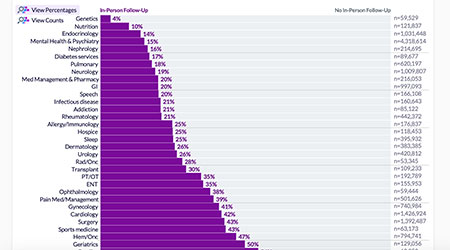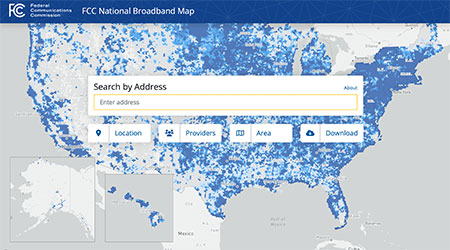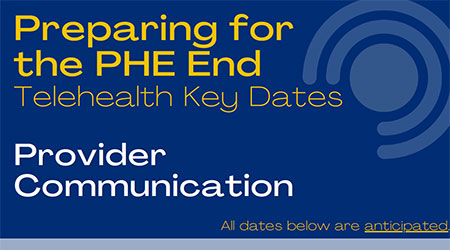
News

COVID-19 Public Health Emergency Extended
January 13, 2023The public health emergency has been formally extended through April 11, 2023. The Biden Administration stated early in 2022 that they would give states a 60-day notification of when the PHE is scheduled to come to an end. We can assume that if the PHE will be coming to an end, there should be notification around Feb 11, 2023.

Telehealth Visits Unlikely to Require In-Person Follow-Up Within 90 Days
December 27, 2022Health care resources can be scarce, especially for rural communities, and information on the effectiveness of different methods for delivering care is important to guide decisions about how to allocate resources most effectively.

USDA Distance Learning & Telemedicine Grant Program Now Open
December 5, 2022This competitive program helps rural communities use advanced telecommunications technology to connect to each other - and the world - overcoming the effects of remoteness and low population density.

FCC National Broadband Map
November 22, 2022The FCC just released the first draft of the National Broadband Map, there most detailed map of broadband availability to date. Consumers and other stakeholders can now help improve the map by checking it and disputing inaccuracies. If you see any inaccurate information on the map about your location or the services providers reported as available, please file a challenge; to dispute the data.

Preparing for the PHE End
October 26, 2022Key dates to help telehealth providers prepare for the end of the COVID-19 Public Health Emergency.

Libraries Add Telehealth to the Rural Communities They Serve
October 24, 2022In the early days of the Covid pandemic, Dianne Connery realized something needed to be done for people in her rural Texas community to help connect folks to their medical appointments.




